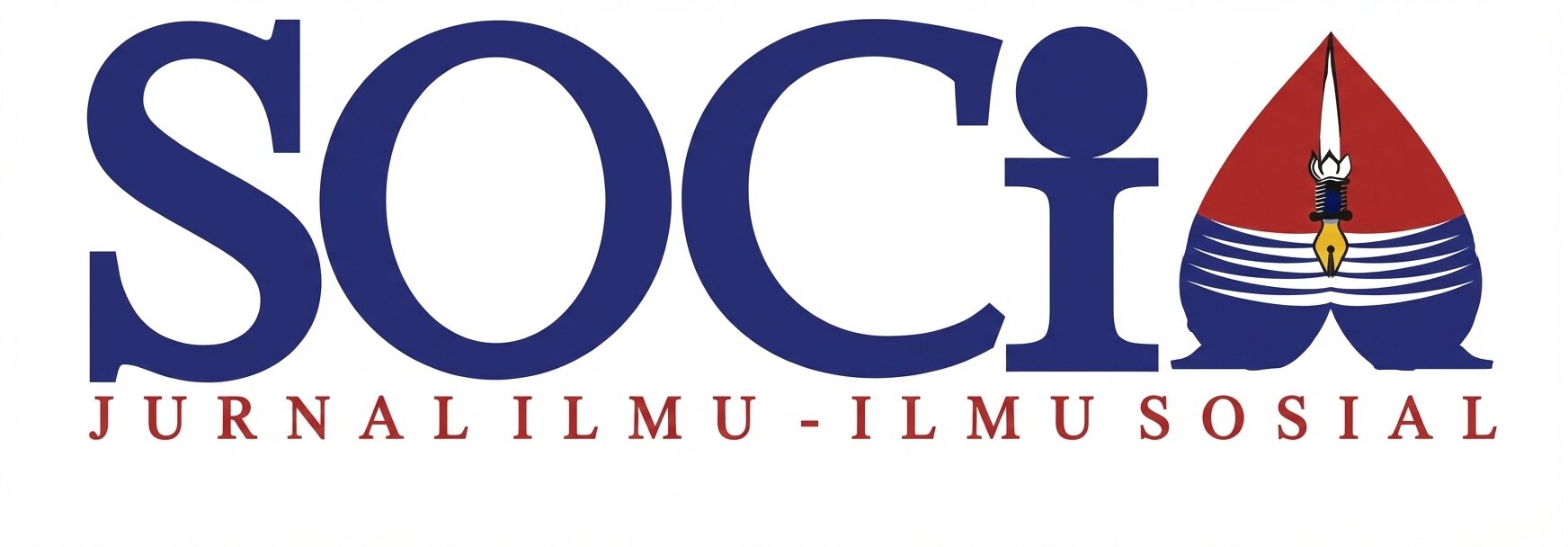Analisis Pendidikan Kewarganegaraan Di Kolombia
Downloads
Tulisan ini mencoba memberikan pandangan terhadap konsep Pendidikan Kewarganegaraan di Kolombia sesuai kultur dan kompetensi kewarganegaraan nasional Kolombia yang dirancang untuk mendorong penyelesaian konflik secara damai, serta mendeskripsikan perbedaan pemahaman, dengan melibatkan generasi muda dalam pengambilan keputusan bersama serta keterlibatan secara demokratis di sekolah. Metode yang digunakan dalam artikel ini menggunakan pendekatan studi kepustakaan (library research). Dengan menggali referensi melalui kajian teoritis terhadap dokumen-dokumen baik jurnal maupun buku yang berkaitan dengan topik masalah. Program Pendidikan Kewarganegaraan di Kolombia telah berusaha untuk menanggapi tantangan negara. Ini telah diakui bahwa pengetahuan fakta dan konsep tidak cukup untuk mengembangkan kompetensi sehingga membutuhkan cara penting dari belajar dengan berbagai faktor yang mempengaruhi perilaku moral politik dalam pengembangkan sosial dan pribadi yang telah ditekankan menjadi lebih empatik.
Ainley, J., Schulz, W., & Friedman, T. (2013). ICCS 2009 encyclopedia: Approaches to civic and citizenship education around the world.
BENHABIB, S. (2002). The Claims of Culture. Diversity Equality and in the Global Era. Princeton, NJ: Princeton University Press.
Blumenfeld, P. C., Marx, R. W., Patrick, H., Krajcik, J., & Soloway, E. (1997). Teaching for understanding. International Handbook of Teachers and Teaching, 819–878.
Branson, M. S. (1999). Belajar civic education dari Amerika. Yogyakarta: LKiS.
Cox, C., Jaramillo, R., & Reimers, F. (2005). Education for citizenship and democracy in the Americas: An agenda for action. Washington, DC: Inter-American Development Bank.
Kerr, D. (1999). Citizenship education in the curriculum: An international review. School Field, 10(3/4), 5–32.
Kitchenham, B. (2004). Procedures for performing systematic reviews. Keele, UK, Keele University, 33(2004), 1–26.
Lance E. Mason. (2017). The Significance of Dewey's <em>Democracy and Education</em> for 21<sup>st</sup>-Century Education. Education and Culture, 33(1), 41. https://doi.org/10.5703/educationculture.33.1.0041
Logan, A. (2016). Digital Citizenship in 21st Century Education [Dominican University of California]. https://doi.org/10.33015/dominican.edu/2016.edu.08
Miller, B. (2020). Aristotle on citizenship and civic education: the central role of political participation. The Palgrave Handbook of Citizenship and Education, 17–33.
Patti, J., & Espinosa, A. C. (2007). Citizenship competencies in Colombia: Learning from policy and practice. Conflict Resolution Quarterly, 25(1), 109–125.
Print, M. (2013). Competencies for Democratic Citizenship in Europe. Civic Education and Competences for Engaging Citizens in Democracies, 37–49.
van der Ploeg, P. A. (2019). Dewey and Citizenship Education: Schooling as Democratic Practice. In The Palgrave Handbook of Citizenship and Education (pp. 1–14). Springer International Publishing. https://doi.org/10.1007/978-3-319-67905-1_20-1
Vasco, C. E. (2003). Estándares básicos de calidad para la educación [Basic quality standards for education]. Unpublished Document.(Bogotá, Ministerio de Educación Nacional).
Villegas-Reimers, E. (1994). Civic education in the school systems of Latin America and the Caribbean. Washington, DC: Academy for Educational Development.
Authors who publish with this journal agree to the following terms:
- Authors retain copyright and grant the journal right of first publication with the work simultaneously licensed under a Creative Commons Attribution License that allows others to share the work with an acknowledgement of the work's authorship and initial publication in this journal.
- Authors are able to enter into separate, additional contractual arrangements for the non-exclusive distribution of the journal's published version of the work (e.g., post it to an institutional repository or publish it in a book), with an acknowledgement of its initial publication in this journal.
- Authors are permitted and encouraged to post their work online (e.g., in institutional repositories or on their website) prior to and during the submission process, as it can lead to productive exchanges, as well as earlier and greater citation of published work (See The Effect of Open Access).

Ciptaan disebarluaskan di bawah Lisensi Creative Commons Atribusi-NonKomersial-BerbagiSerupa 4.0 Internasional.





